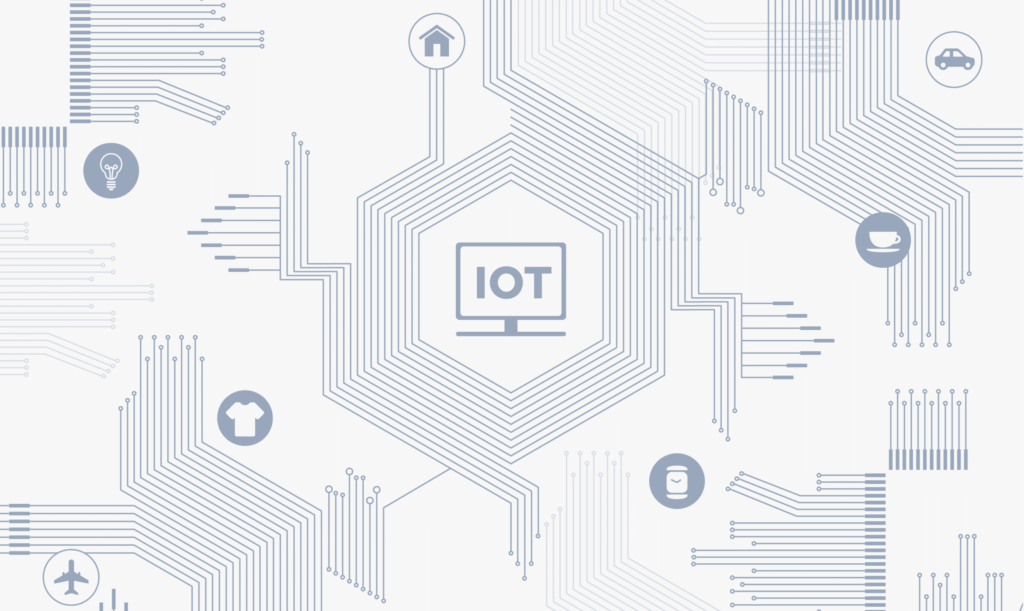Node.js and IoT working together
The world is becoming digital and hyperconnected. This is the reason we see more and smarter locks, smart glasses and other wearables, and also advancements in home automation and vehicle automation, etc. Thus, there is a huge scope of Internet of Things (IoT) in particular, and smart businesses know this.

The Rise of Node.js
There are a variety of programming languages that one can use today such as Python, Java, C++, Ruby, and more. However, none of these can be applied as “one size fits all” technology for disparate tech products. In addition to that, with time, newer technologies emerge which offer better support and better services and thus replace the old technologies. Node.js Development is one of them.
Node.js is a server-side runtime environment and is commonly used to build large and scalable web applications. It’s powerful but at the same time easy to learn because almost every software developer has once worked with JavaScript in their life at some point.
Programmers love Node.js because it has:
- Low resource requirements. Thus, system processor and memory are not overburdened.
- Support for building scalable applications, which is really important for every company today.
- Great compatibility with JSON, a popular format that allows for an easy and quick exchange of information across a network.
The global tech giants were quick to realize the significance and potential of the Node.js technology. While Microsoft adopted the same for its Azure platform, payments leader PayPal picked it for its website to handle the massive volume of transactions that it has to process every day, as well as to increase the security. Other noted companies that have embraced Node.js include Uber, Netflix, and even IBM!
Why is Node.js Perfect for IoT?
Node.js is built on Google’s V8 open source JavaScript engine and widely known for its impressive scalability and efficiency. Thus, it’s well-suited for real-time applications that are highly data-intensive. Since IoT applications too are data-intensive and work in a real-time environment, they are a natural fit for this technology.
The following are some of the ways how Node.js can greatly help in building IoT applications:
- A large number of IoT applications use MQTT protocol and the standard Sockets which have a great support in Node.js.
- The executable codes for many IoT devices are written in low-level languages like C++, etc. which could be challenging to work with. However, if you are working with inhouse developers as opposed to outsource development, Node.js is simple and easy to understand for even the inexperienced software developers.
- The Node Package Manager (NPM) comes with several useful IoT modules. It contains more than 80 packages for Intel IoT Edison, Rasberry Pi, and Arduino Controllers. It also contains more than 30 packages for a variety of Bluetooth devices and sensors. These greatly help to speed up and simplify the application development process.
- Since the IoT devices viz. sensors, motors, transmitters, etc. generate large volumes of data and a large number of requests, Node.js is apt for handling these. This is because it has an excellent support for streams which offer readable and writeable channels for request management, as well as temporary storage of data.
IoT is one of the fastest growing technologies we have today. Since Node.js allows you to make the most of it easily without compromising on the results, it definitely pays to invest your time and energy into it.
